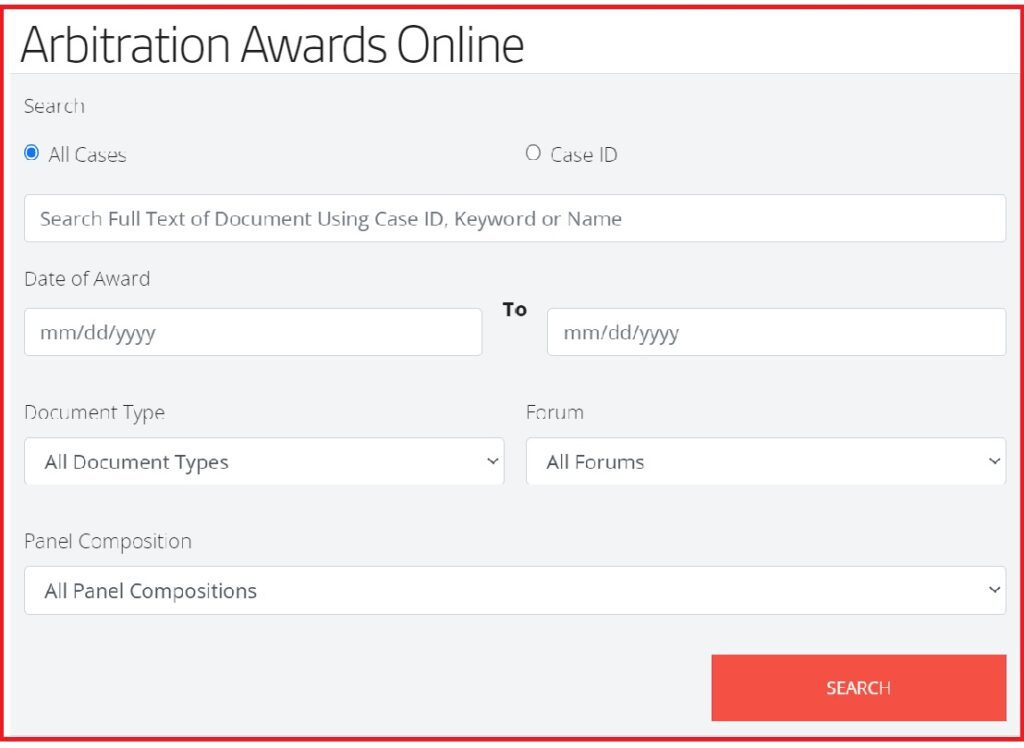Has your financial advisor mismanaged your account? Did your brokerage firm recommend that you purchase risky investments that were not in your best interest?
If you’ve lost money due to a broker mismanaging your account, you may be able to recover some or all of your losses through an arbitration held by FINRA–the Financial Industry Regulatory Authority. And if you’ve lost $50,000 or less, there is a special, expedited procedure to recover.
Read on to learn more about “simplified arbitrations” created especially for investors who are seeking $50,000 or less in damages in FINRA arbitrations.
The Simplified Arbitration under FINRA
Even if your case is strong, the time and expense involved in court cases or arbitrations can be daunting. Fortunately, FINRA has developed a “simplified arbitration” procedure for investors whose damages are less than $50,000.

This simplified arbitration offers several benefits over regular arbitrations: they’re faster, less expensive, and resolve your case more quickly. But there are a few drawbacks that you should be aware of as well.
Below are some key differences for investors to consider between a simplified arbitration and regular arbitration under FINRA.
Simplified arbitrations have just one arbitrator, not three.
Unlike a regular FINRA arbitration with a panel of three arbitrators, simplified arbitrations have just one arbitrator. This single arbitrator must be a “public” arbitrator, meaning that this person has no financial industry affiliation.
This sole arbitrator will decide your case, so it is critical to select someone with a good background to hear about your investment losses.
When choosing the arbitrator, consider previous awards this arbitrator has made in cases similar to yours. You can see if they awarded investors their losses when the circumstances call for it. FINRA maintains a database of all arbitration awards.


Simplified arbitrations streamline the discovery process.
FINRA arbitrations already streamline discovery over what you would see in a civil case in court. Discovery is the process the parties exchange relevant documents and information. For example, you may be required to turn over any account statements and tax returns that you have. The broker/brokerage firm (called the Respondent in an arbitration) also gives you documents that it has: information about your account, about the financial product, and communications about your account, and more.
Simplified arbitrations streamline that discovery process even more. You will turn over and receive a smaller number of documents. You have less time to ask for documents from the other side as well. The advantage to this streamlined discovery process is that it is cheaper and faster for both sides.
The downside? You may have a tougher time getting documents that are relevant to your case from the Respondent. Whether this difference matters to your case depends on your allegations. For example, if you allege that the investments your advisor made were unsuitable, you may need fewer documents than in a complex product case.
The hearing is shorter–or you can forgo the hearing altogether.
Simplified arbitrations give the investor the option of having one hearing over the phone. This hearing lasts just one day. Each party receives only two hours to present their entire case, so you must tell your story persuasively and be well prepared. The goal is to convince the arbitrator of the merits of your case.
Simplified arbitrations don’t allow for cross examinations either, meaning you cannot question the other sides’ witnesses (and they cannot question you).
Don’t want a hearing at all? Under the simplified procedure rule, you can bypass the hearing altogether and have the arbitrator decide your case “on the papers.” The “papers” here mean your Statement of Claim and one supplemental submission.
The advantage to this having your case decided on the papers is that it further saves time, expense, and the stress of preparing for the hearing. But there is a disadvantage too: you won’t have the opportunity to tell your story in person (or over the phone). Rather, you will tell it exclusively in your Statement of Claim and supplemental filing.
Consider a simplified arbitration if your losses are less than $50,000.
If your losses are under $50,000, ask Wilkowski Law about FINRA’s simplified arbitration procedure. It’s faster and cheaper than regular arbitrations, but you should understand the drawbacks as well. We can help you with that.




